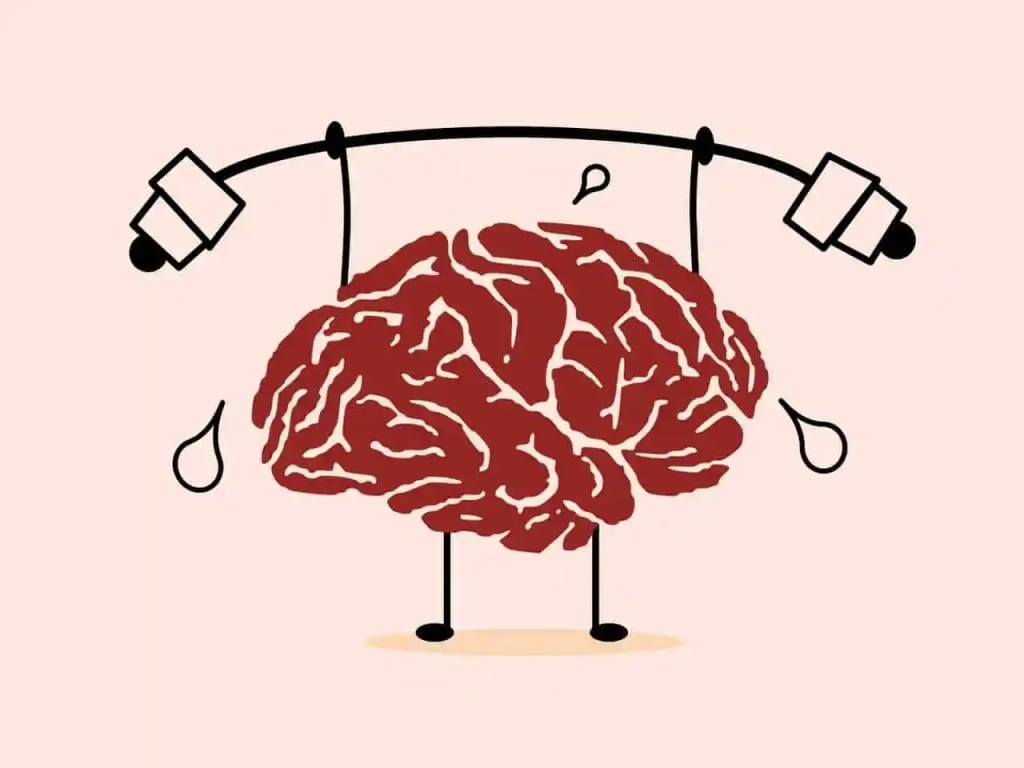How Exercise Boosts Your Brain: The Science Behind a Happier Mind
The Science of Exercise and the Brain: Unlocking Happiness and Memory Boosts

Introduction:
For many years, neuroscientist and psychology professor, Dr. Wendy Suzuki, has been fascinated by the hippocampus and its role in forming new memories. Her journey into the world of neuroscience began in 1998 when she started studying the hippocampus as a young assistant professor at New York University. Little did she know that her curiosity would lead her to a life-changing realization about the profound impact of exercise on the brain.
The Neurochemical Bubble Bath:
Dr. Suzuki's research on the effects of exercise on the brain has shed light on a phenomenon known as the "runner's high." While she herself is not a marathon runner, she emphasizes that every form of physical activity can trigger a feeling of euphoria. When we move our bodies, our brain releases a cocktail of neurochemicals, including dopamine, serotonin, noradrenaline, and endorphins. These neurochemicals are responsible for the mood-boosting effects of exercise in the short term.
Long-Term Effects: Growth Factors at Play:
Beyond the immediate mood improvement, regular exercise has long-term effects on the brain due to the activation of growth factors. These growth factors act on two crucial brain regions: the hippocampus and the prefrontal cortex. The hippocampus, a unique structure in the human brain, has the remarkable ability to generate new brain cells in adulthood. The growth factors stimulate the growth of shiny, new hippocampal cells, leading to enhanced memory function.
Moreover, the prefrontal cortex, responsible for attentional control, also benefits from these growth factors. Regular exercise supports the development of a more efficient prefrontal cortex, allowing individuals to shift and focus their attention more effectively.
Brain Plasticity: The Key to Transformation:
One may wonder if it is too late to reap the benefits of exercise, especially if they have been leading a sedentary lifestyle. Dr. Suzuki introduces the concept of brain plasticity, which proves that the brain has an incredible capacity to rewire and adapt, regardless of age or previous activity levels. Even if you have been sedentary for most of your life, incorporating physical activity and learning new things can still lead to significant positive changes in your brain.
Advocating for Personal Experimentation:
Dr. Suzuki is a strong advocate for personal experimentation when it comes to exercise and brain health. Armed with the knowledge of the neurochemical bubble bath that exercise provides, she urges individuals to take action and apply this information to their daily lives. Whether it's walking, dancing, or engaging in household chores with enthusiasm, any form of movement can bring about immediate benefits for mental well-being.
Start Small, Start Now:
To make exercise a part of daily life, Dr. Suzuki recommends starting small and incorporating activities that one already enjoys. For those who dislike running, there's no need to force themselves into it. A mere 10-minute walk can lead to a decrease in anxiety and depression levels. It's essential to focus on activities that bring joy and a sense of play, such as turning cleaning sessions into an aerobic workout.
Embracing a More Active Lifestyle:
The road to a happier brain through exercise is not a daunting one. Dr. Suzuki suggests being open-minded about integrating more movement into daily routines. Small changes, like parking farther away or opting for a longer shopping trip, can gradually lead to a more active lifestyle.
Conclusion:
Dr. Wendy Suzuki's research on the hippocampus and exercise has illuminated the profound impact of physical activity on the brain. The neurochemical bubble bath of dopamine, serotonin, noradrenaline, and endorphins, triggered by movement, is responsible for the immediate mood-boosting effects. Meanwhile, the activation of growth factors supports the growth of new brain cells in the hippocampus and enhances attentional control in the prefrontal cortex in the long term.
Through the principle of brain plasticity, anyone can begin their journey towards a healthier brain, irrespective of their past activity levels. Embracing personal experimentation and starting small with
enjoyable activities can lead to lasting changes in brain health. So, why wait? Let's take a step today towards a bigger, fatter, fluffier, and happier brain by incorporating movement and joy into our daily lives.
About the Creator
Rohit Singh
Software developer, part-time content creator, and tech enthusiast.
Unleashing creativity and embracing tech. Join me on this thrilling journey! 🚀






Comments
There are no comments for this story
Be the first to respond and start the conversation.